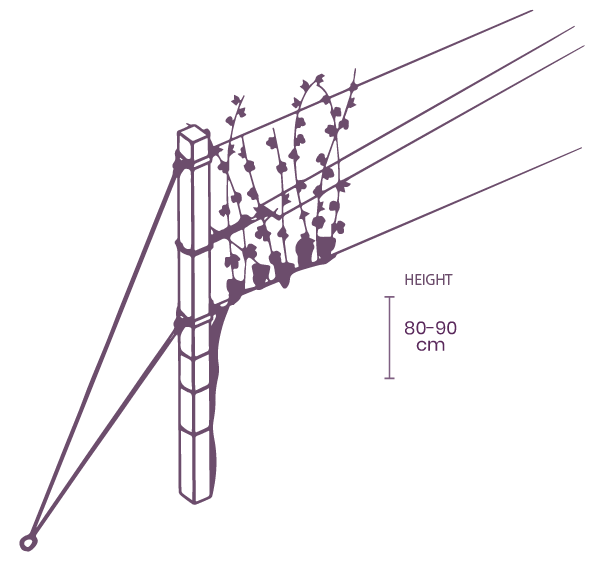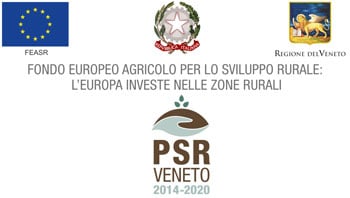THE VARIETIES
The grape varieties of the area.
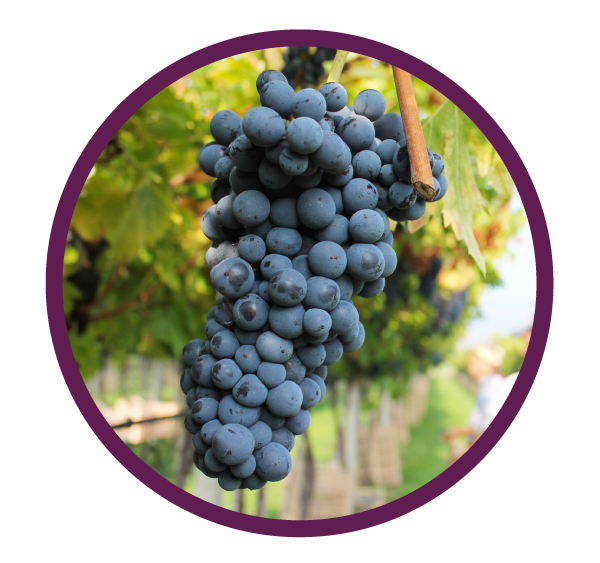
CORVINA
Backbone of the blend of Valpolicella wines, it gives structure, aromas and softness to the wine.
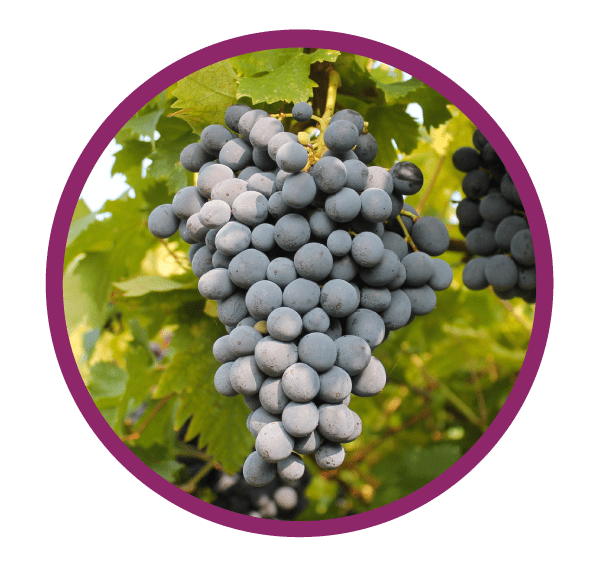
CORVINONE
Characterized by very spicy hints of morello cherry, it confers aromatic complexity and structure to the wine.
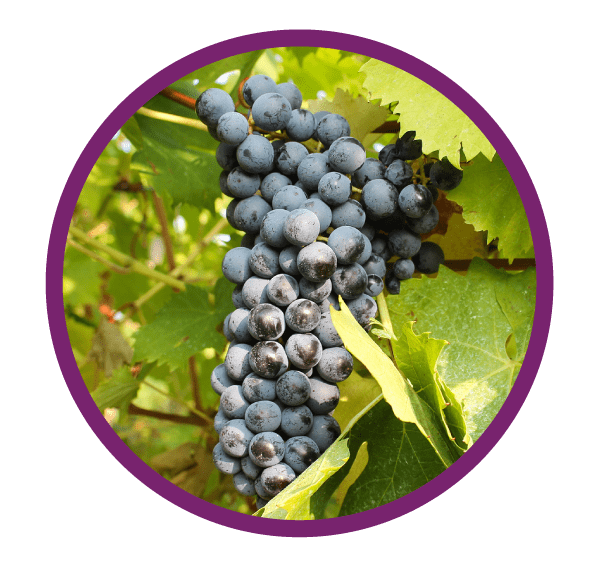
RONDINELLA
Variety very resistant to bad weather and diseases, it gives color and flavor to the wine.
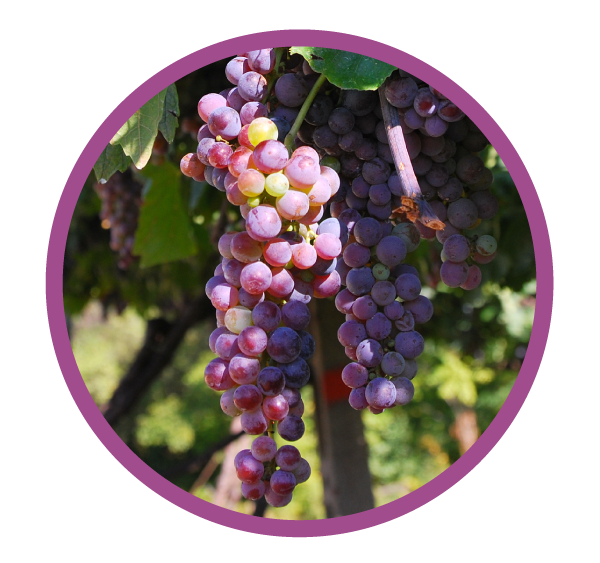
MOLINARA
Complementary native variety, it gives freshness and flavor to the wine.
OTHER VARIETIES
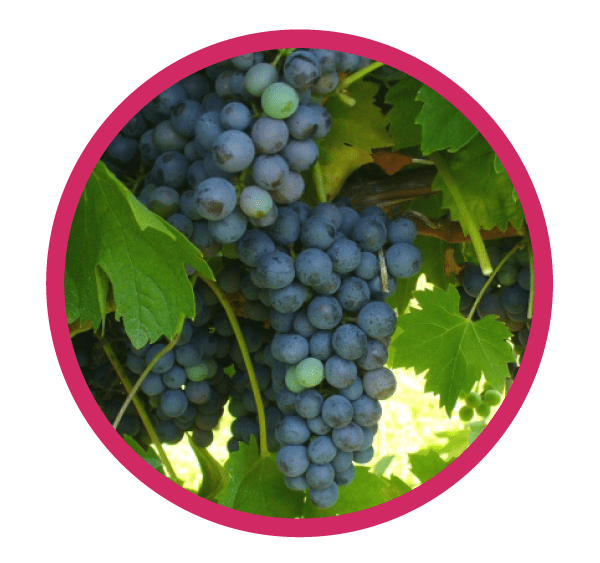
OSELETA
- CONSTANT PRODUCTION
- CLUSTERS OF SMALL AND COMPACT DIMENSIONS
- LATE BUDDING
- SUITABLE FOR DRYING, ADDS COLOR AND STRUCTURE
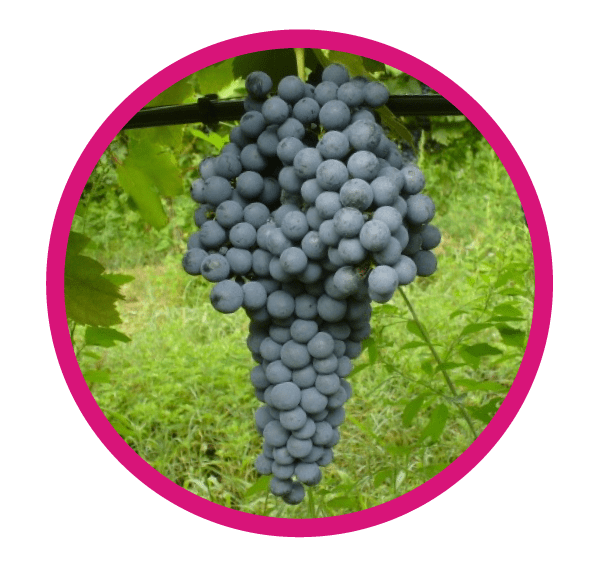
CROATINA
- OFTEN BRED IN GUYOT
- PREFER CLAY AND CALCAREOUS SOILS
- GIVES HINTS OF RED AND PURPLE FRUITS, WITH SPICY AND BALSAMIC SENSATIONS
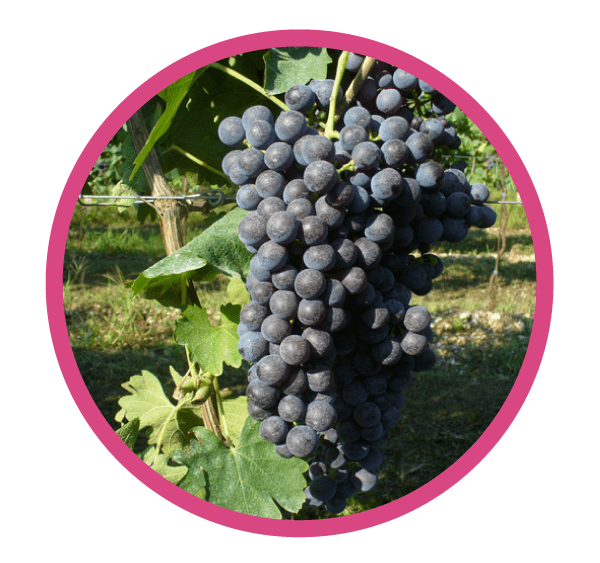
DINDARELLA
- GOOD AND STABLE PRODUCTION
- LONG PRUNING
- EXCELLENT RESISTANCE
- LENDS EXCELLENTLY TO WITHDRAWAL
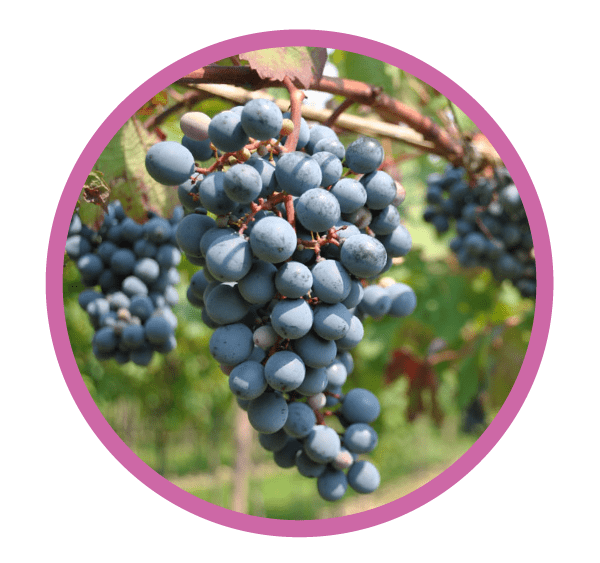
SPIGAMONTI
- EARLY ENDOLOGICAL PHASES
- RED STEM
- HIGH CONTENT OF ANTHOCYANS
- GIVES COLOR AND BODY TO THE WINE
For more information on the different types present in the area, consult the National Register of Vine Varieties.
TRAINING SYSTEMS
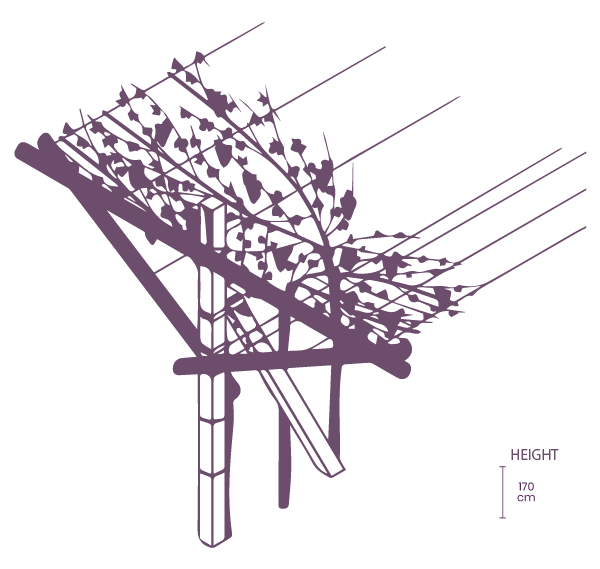
THE PERGOLA
The pergola has more than 2000 years of history and is the traditional form of farming in Valpolicella. The foliage protects the bunches from the sun, while the height avoids the possible damage of frost and humidity while still guaranteeing a good daily temperature range.
GUYOT
The GUYOT was introduced in Valpolicella around 1870. Over the years this breeding system has been adapted to the needs of native varieties, for example by raising the fruit head to a greater height than the norm.
